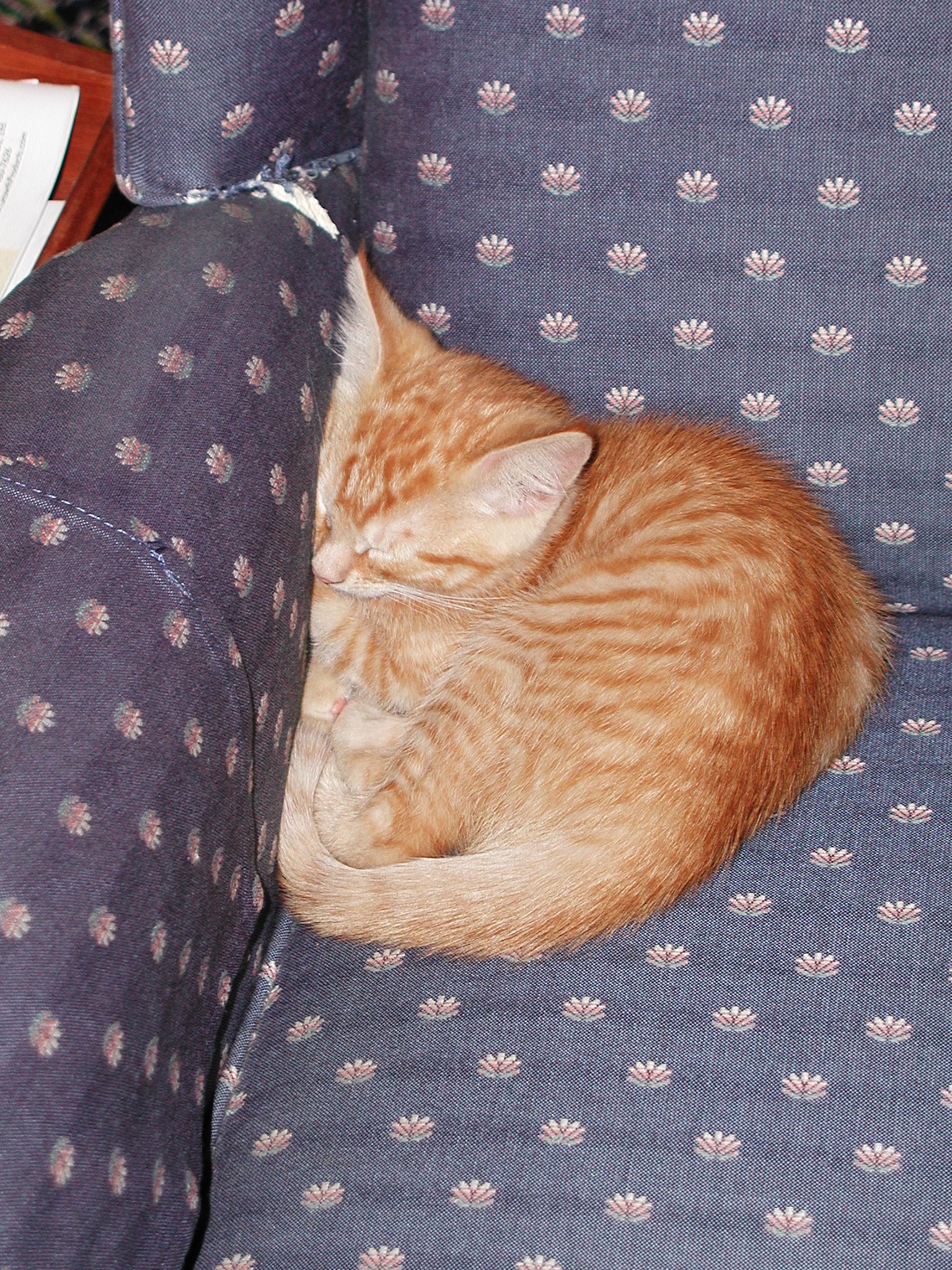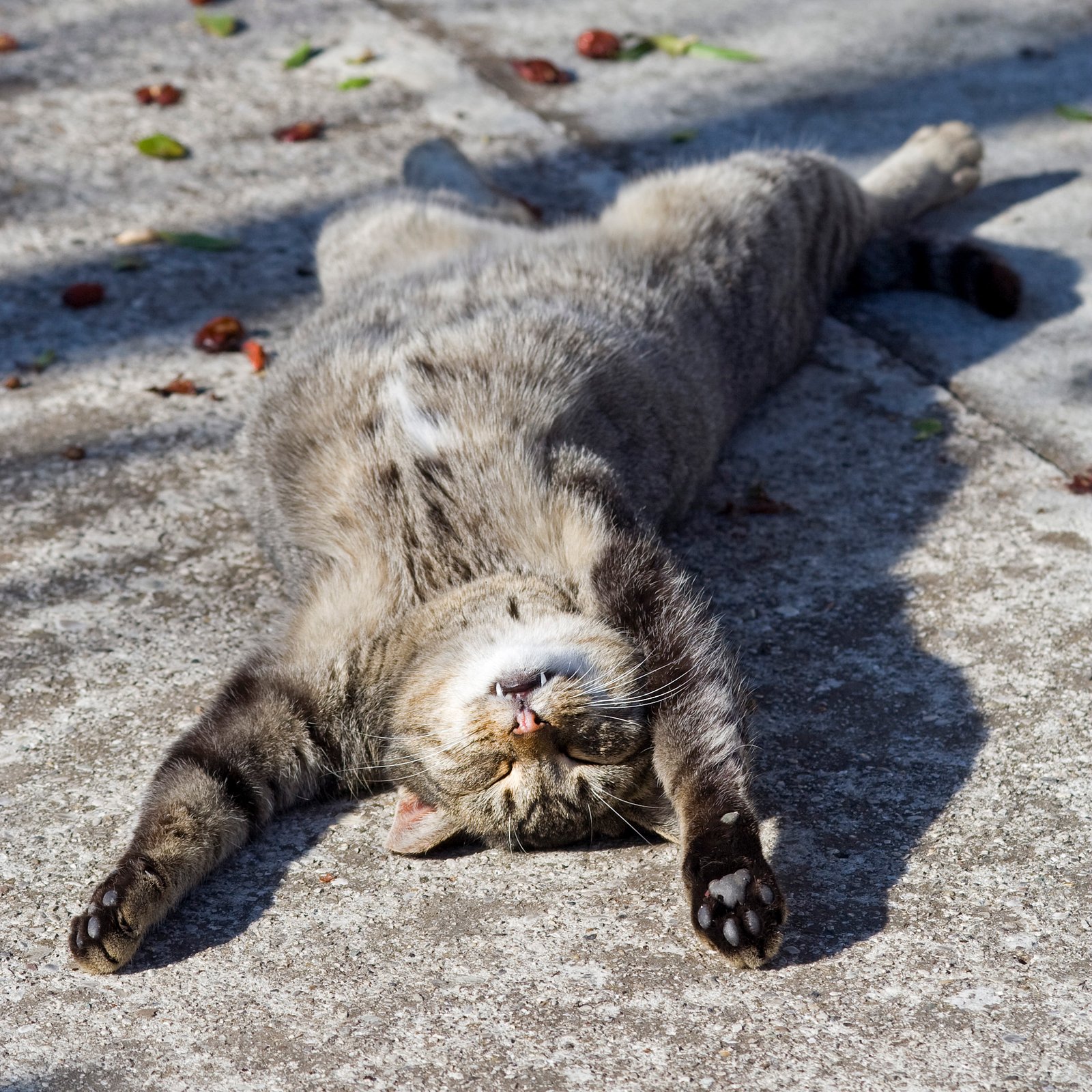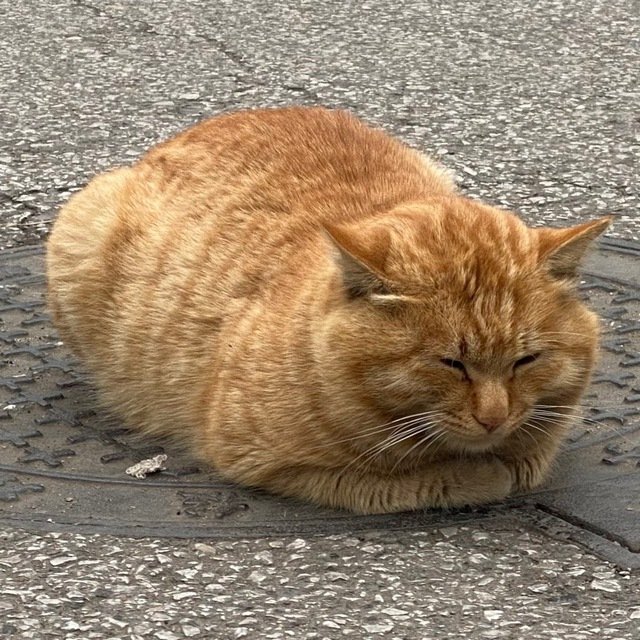Have you ever walked into your bedroom, only to find your cat curled up exactly where you were sitting just moments ago? It’s a sight that’s equal parts adorable and mystifying. Why do our feline friends seem so determined to claim our favorite seats, pillows, or even the warm groove we left behind on the couch? If you’re a cat lover, you know this behavior all too well—and you’ve probably wondered what’s really going on in that furry little head. Let’s dig into the secret world of cat behavior and unravel the reasons behind this oddly endearing habit.
Seeking Warmth and Comfort

Cats are notorious for their love of warmth. Your recently vacated spot is still radiating heat from your body, and it’s like a little sunbeam on a chilly day. Cats instinctively gravitate toward cozy, soft spaces that conserve their body heat. So, when your cat curls up where you were sitting, they’re not just being cute—they’re maximizing their comfort. It’s a bit like you snuggling into a freshly warmed blanket. The warmth is reassuring, and for your cat, it’s the ultimate invitation to relax.
The Scent of You

Your cat’s nose is a marvel of nature. When your cat chooses your spot, it’s often because it smells like you. Your unique scent provides comfort and security, like a familiar lullaby. Cats associate your scent with safety and affection. Curling up in your space allows them to feel close to you, even when you’re not around. It’s their way of saying, “I trust you, and I want to be near you.” This is especially true if your cat follows you from room to room, always seeking out the places you frequent.
Marking Their Territory

Cats are territorial by nature. By sleeping in your spot, they’re mixing their scent with yours, marking the territory as a shared, safe space. This subtle exchange of scents is a cat’s way of claiming ownership, but also letting you know you’re part of their “inner circle.” It’s a silent declaration: “This is ours.” Your cat isn’t trying to take over—think of it as a sweet, invisible bond.
Bonding and Affection

When your cat sleeps in your spot, it’s a powerful sign of affection. In the wild, cats huddle together for warmth and security. In your home, sleeping in your spot mimics this behavior. It’s their way of creating a bond, showing trust, and deepening your relationship. It might seem like a small gesture, but for your cat, it’s the equivalent of a warm hug.
Curiosity and Exploration

Cats are endlessly curious creatures. If you spend a lot of time in one spot, your cat might want to investigate what’s so interesting about it. This behavior is fueled by their natural inquisitiveness. They want to experience your world—literally stepping into your shoes (or, in this case, your seat). By exploring your spot, they’re satisfying their curiosity and learning more about you.
Establishing Social Hierarchy

Believe it or not, where your cat chooses to sleep can be a subtle sign of social dynamics in your home. Cats often select sleeping spots based on their perceived status in the group. By occupying your spot, your cat might be subtly asserting their place in the household hierarchy. It’s not about dominance, but about feeling secure and valued within their social structure.
Separation Anxiety

Sometimes, a cat sleeping in your spot is a response to missing you. If you’ve been gone longer than usual, your cat may seek out your scent to reassure themselves. This behavior is especially common in cats that are very attached to their owners. Your spot becomes a comforting reminder of you, helping to reduce their anxiety and stress while you’re away.
Mimicking Your Routine

Cats are keen observers of our habits. They watch us closely and often mimic our behaviors in subtle ways. If you always sit in a particular chair or sleep on a certain side of the bed, your cat might copy you by choosing that exact spot. It’s their way of feeling closer to you, almost like sharing your daily rituals. This mimicry can strengthen your bond and make your cat feel more integrated into your life.
Claiming the Best Seat in the House

Let’s be honest—cats love luxury. They have a knack for finding the softest, coziest spots in any room. Your favorite chair or pillow is likely the most comfortable place around, so it’s no surprise your cat wants a piece of it. It’s a little like a guest at a party beelining for the best seat in the house. Your cat knows a good thing when they see it.
Security and Safety

Your spot represents a safe haven for your cat. It’s a place where they’ve seen you relax, unwind, and feel at ease. By choosing this spot, they’re tapping into that sense of security. This is especially important for more timid or anxious cats, who may seek out your space as a way to feel protected. Your presence, even in scent, creates a safe bubble for them to rest.
Satisfying Instinctual Behaviors

Many feline behaviors are rooted in instinct. In the wild, cats seek out the safest, most comfortable spots to rest and conserve energy. By choosing your spot, your cat is following these ancient instincts. It’s not just about comfort—it’s about survival, even if your living room isn’t exactly the jungle. This behavior helps your cat feel secure in their environment.
Attention-Seeking Tactics

Cats are masters at getting your attention. If your cat consistently sleeps in your spot, it could be a clever way to make you notice them. Maybe they want a cuddle, a treat, or just a little more love. By occupying your seat, they’re ensuring you’ll pay attention to them when you return. It’s a gentle, nonverbal request for connection.
Reducing Loneliness

If you’re out of the house a lot, your cat might sleep in your spot to feel less alone. Your scent lingers, providing comfort and reassurance. This simple act can help ease their loneliness and make them feel closer to you, even when you’re not nearby. It’s a subtle sign that your presence means the world to your feline friend.
Adapting to Change

Life changes—like new furniture, moving, or even rearranging a room—can stress cats out. Sleeping in your spot is a way for them to cope with change and find stability. Your scent and the familiarity of your chosen spot offer comfort during times of uncertainty. It’s their way of anchoring themselves in a shifting world.
Imitating Scent Exchange

Cats in the wild rub against each other and sleep together to exchange scents, which strengthens their social bonds. By sleeping in your spot, your cat is imitating this behavior, mingling your scents together. It’s a silent form of communication that says, “We’re family.” This scent exchange is a natural way for your cat to feel connected to you.
Habit and Routine

Cats are creatures of habit. If your cat has slept in your spot once and had a positive experience, they’re likely to repeat the behavior. Over time, this becomes a comforting routine. Much like how you might always reach for your favorite mug, your cat returns to your spot because it’s familiar and enjoyable.
Reacting to Temperature Changes

Seasonal shifts can influence where your cat chooses to sleep. In colder months, your warm spot becomes especially appealing. Conversely, during hot weather, they might avoid it in favor of cooler areas. Your cat’s sleeping habits are often a direct response to their need for temperature regulation, and your spot is the perfect answer when they’re seeking warmth.
Sign of Trust

A cat that sleeps in your spot is demonstrating a high level of trust. Cats are cautious by nature, and they only let their guard down in places where they feel completely safe. Your spot, imbued with your scent and presence, is a sanctuary for them. It’s a heartwarming sign that your cat feels secure and loved in your home.
Demonstrating Ownership of You

Cats are famous for acting like they own the place—and sometimes, it feels like they own us, too. By sleeping in your spot, your cat might be showing the world (and any other pets) that you belong to them. It’s a playful yet possessive gesture. You might even notice your cat rubbing their face or paws on your belongings, doubling down on this claim.
Comfort During Illness or Stress

If your cat is feeling under the weather or stressed, they might seek extra comfort by sleeping in your spot. Your scent and the warmth of your favorite place can be incredibly soothing during tough times. This behavior is their way of seeking solace and reassurance—essentially, turning to you for comfort when they need it most.
Simply Because They Love You

At the end of the day, your cat sleeping in your spot is often just a sign of pure love. It’s their way of being close to you, even when you’re not there. This simple, tender gesture speaks volumes about the bond you share. It’s a daily reminder that, in your cat’s eyes, you are their whole world.

Growing up traveling and experiencing new cultures and wonders, I have had a passion for nature, adventuring, photography, and videography. I am currently working towards a BSc in Biodiversity and Ecology at Stellenbosch University, and I hope to specialise in Marine Sciences one day.
Please send any feedback to Feedback@animalsaroundtheglobe.com





